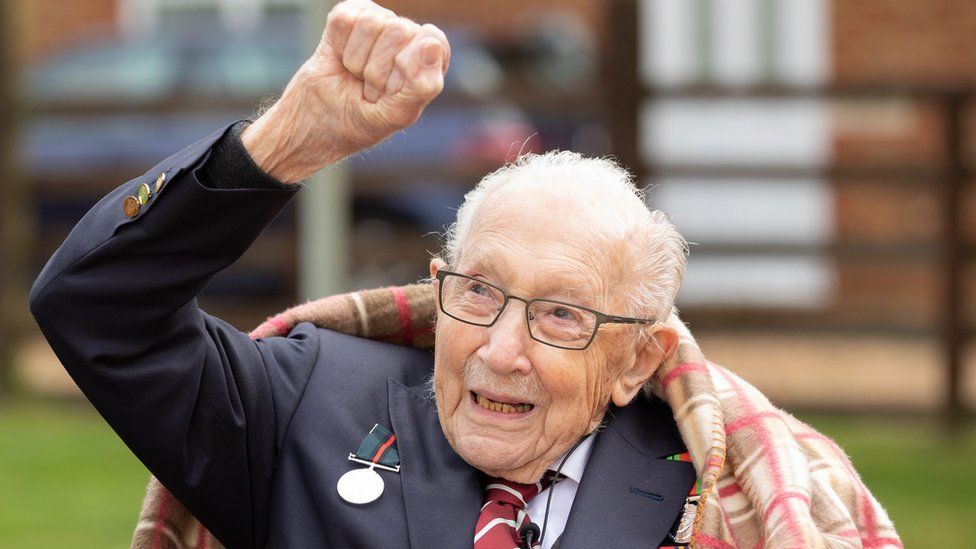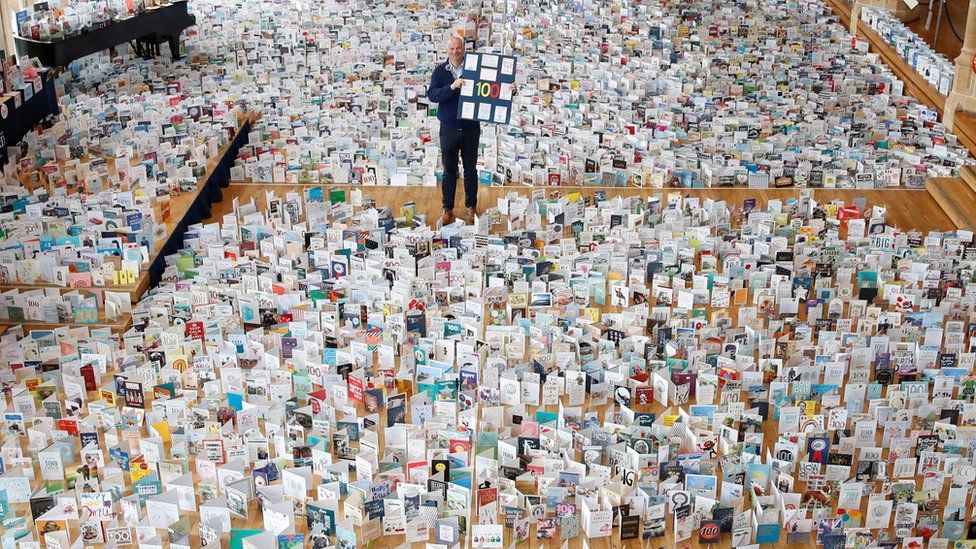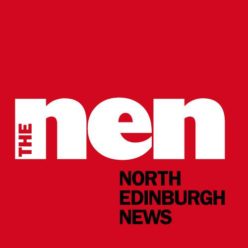
The Charity Commission has opened a statutory inquiry into The Captain Tom Foundation, after identifying concerns about the charity’s management, including about the charity’s independence from the family of the late Captain Sir Tom Moore and businesses connected to them.
The Captain Tom Foundation was registered on 5 June 2020, following the fundraising efforts of the late Captain Sir Tom Moore at the outbreak of the COVID pandemic. It is registered as a grant-making charity, for the advancement of public health and wellbeing.
The Commission opened a case into the charity in March 2021. It has now escalated its engagement due to newly identified concerns about arrangements between the charity and a company linked to the Ingram-Moore family, as well as ongoing concerns about the trustees’ decision making and the charity’s governance.
The Commission is concerned that a failure to consider intellectual property and trade mark issues when the charity was established provided Club Nook Limited, a private company controlled by Hannah Ingram-Moore and Colin Ingram-Moore, the opportunity to trade mark variations of the name ‘Captain Tom’ without objection from the charity. This may have generated significant profit for the company.

The inquiry, which opened on 16 June, will examine whether the trustees have:
- been responsible for mismanagement and/or misconduct in the administration of the charity and whether, as a result, the charity has suffered any financial losses, including through any unauthorised private benefit to any of the current or previous trustees;
- adequately managed conflicts of interest, including with private companies connected to the Ingram-Moore family;
- complied with and fulfilled their duties and responsibilities under charity law.
The Commission may extend the scope of the inquiry if additional issues emerge.

Helen Stephenson, CEO of the Charity Commission, said: The late Captain Sir Tom Moore inspired the nation with his courage, tenacity and concern for others. It is vital that public trust in charity is protected, and that people continue to feel confident in supporting good causes.
“We do not take any decision to open an inquiry lightly, but in this case our concerns have mounted. We consider it in the public interest to examine them through a formal investigation, which gives us access to the full range of our protective and enforcement powers.”
Previous Engagement
Prior to the inquiry opening, the Commission engaged with the charity on the following issues:
- In March 2021 the charity requested the regulator’s permission to employ Hannah Ingram-Moore, a former trustee, on a salary of £60,000 per year, for 3 days a week. The Commission requested evidence of the benchmarking exercise undertaken.
- The charity provided the Commission with this evidence and a revised proposal to appoint Hannah Ingram-Moore on a salary of £100,000 on a full-time basis.
- In July 2021 the regulator refused permission to employ Hannah Ingram-Moore as chief executive on a salary of £100,000, considering the proposed salary neither reasonable nor justifiable.
- In August 2021 the Commission permitted the charity to appoint Hannah Ingram-Moore as interim CEO on a salary of £85,000 per year, on a 3-month rolling contract, for a maximum of 9 months whilst the trustees conducted an open recruitment process. This period has now ended and the charity has recruited a new CEO.
The Commission’s case had identified potential concerns about payments of consultancy fees and payments to related third parties revealed in the charity’s accounts, published in February 2022.
However, based on the information and evidence provided by the trustees, the Commission was satisfied that these specific payments are reasonable reimbursement for expenses incurred by the companies in the formation of the charity. It is also satisfied that any conflicts of interest in relation to these third-party payments were adequately identified and managed
The £38million raised by the late Captain Sir Tom Moore, and donated to a separate charity, NHS Charities Together, prior to the formation of The Captain Tom Foundation is not part of the scope of this inquiry.
It is the Commission’s policy, after it has concluded an inquiry, to publish a report detailing what issues the inquiry looked at, what actions were undertaken as part of the inquiry and what the outcomes were.



